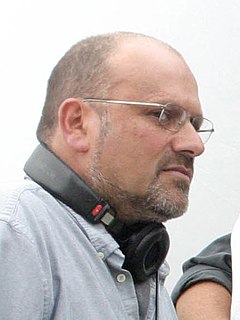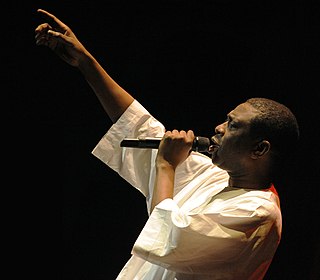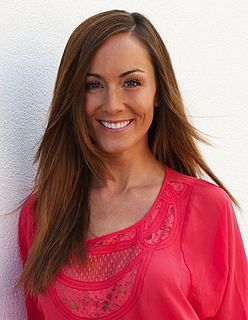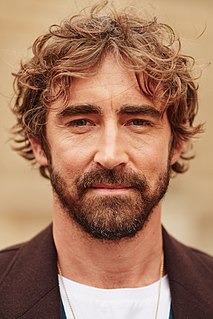A Quote by Rand Paul
I think that we have to be very careful about who comes here from the Middle East.
Related Quotes
I think the public is very reluctant to get involved in more foreign wars, especially in the Middle East. And they understand, implicitly, that we go to war in the Middle East because of oil. And if we don't want to go to war in the Middle East, then we have to do something about the oil problem. And I think that view is gaining ground in the U.S.
I think President Barack Obama came to office with quite fundamental understandings in his mind about what's possible and what's not possible in the Middle East. The first, I would say, revolutionary breakthrough that he introduced is that the Middle East doesn't matter to American geostrategy as much as we think.
It was important for me to show that Beirut and Lebanon were once the pearl of the Middle East. Beirut was once called the Paris of the Middle East and to have that feeling of a destroyed place that once was beautiful and glamorous and visually impressive was important. I think it's even sadder to get the feeling that this country, and indeed the whole Middle East, could have been a major force in the world if people would get together and forget about destruction, death and wars. But unfortunately, it's not happening yet.
There's kind of a hidden point which isn't being brought out, and that is that it is inconceivable that the U.S. would permit democracy in the Middle East, and for a very simple reason. Just take a look at polls of Arab public opinion. They exist. You can't find them in the press, but they exist from prestigious polling agencies. Released by major institutions. And what they show is that if there was democracy in the Middle East, the entire U.S. program for domination of the Middle East would be down the tube.
I do think, from the other side, that George W. ush was somewhat of an innocent in his thinking about what Ronald Reagan did during the Cold War and by bringing democracy to Eastern Europe. I think he believed that he could do the same thing by bringing democracy - or Midland, Texas, really - to the Middle East. I truly think he felt it was possible. "I want to do for the Middle East what Reagan did for the Soviet Union."

































